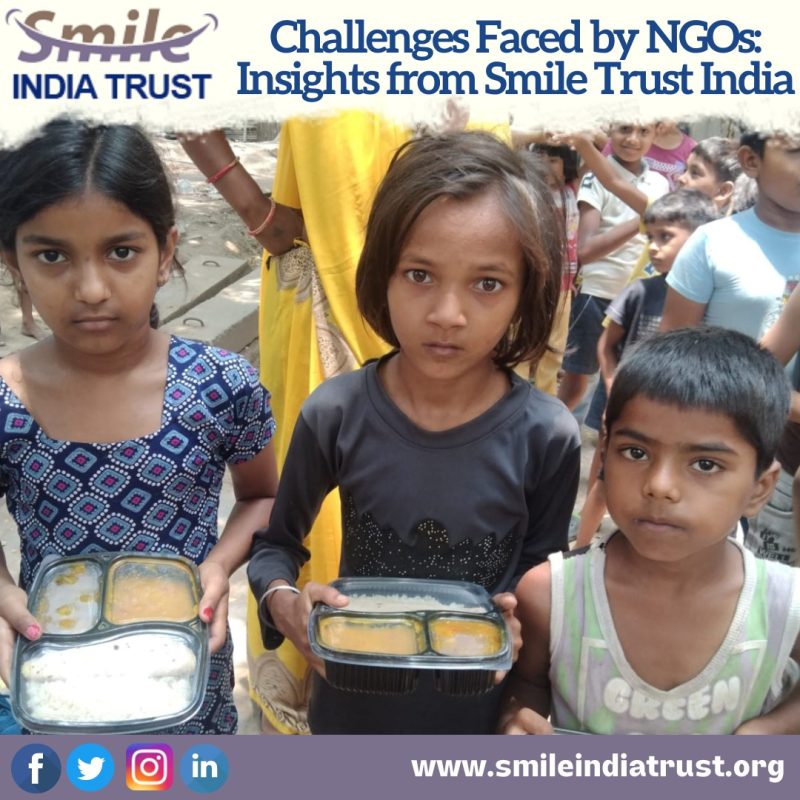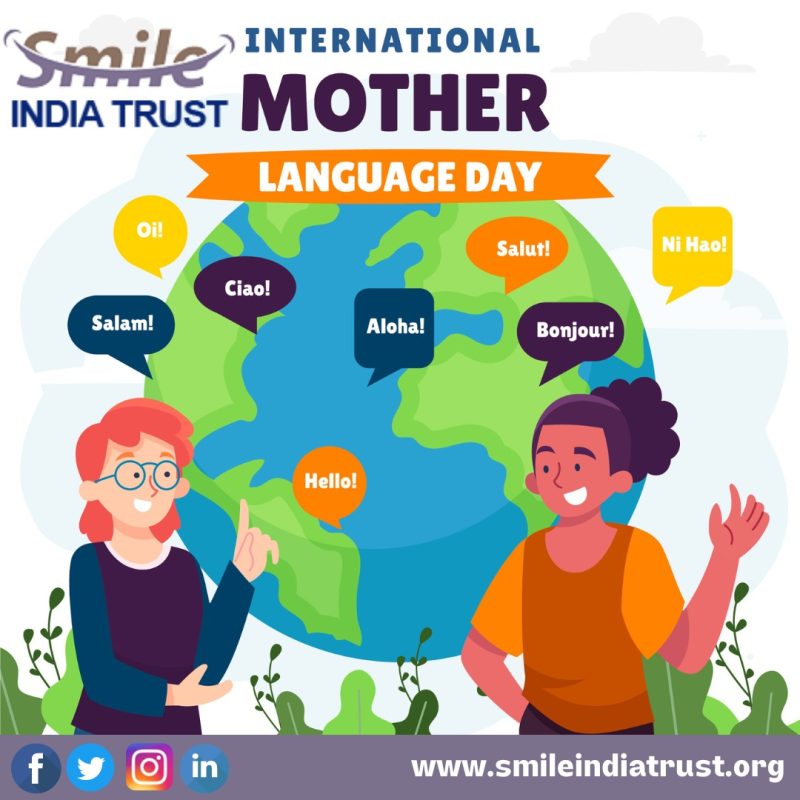Smile India Trust, a leading NGO in India, has been actively involved in addressing various social and environmental issues. Through their extensive work with NGOs across the country. They have gained valuable insights into the challenges faced by these organizations. This article aims to shed light on the common issues encountered by NGOs and explores […]
Tag Archives: Smile Trust Indi
,“If you talk to a man in a language he understands, that goes to his head. If you talk to him in his language, which goes to his heart.”- Nelson Mandela A “mother tongue” is the language, which a person learns from parturition. It is usually that person’s native language, of the kind that he […]
Smile Trust Indi is a non-governmental organization that works for poor people in slum areas and other meager sections of society. The mission we have set up is huge, and our team is working hard to make life stable for them. We always believe that adversity is a necessary part of the journey, not a […]



